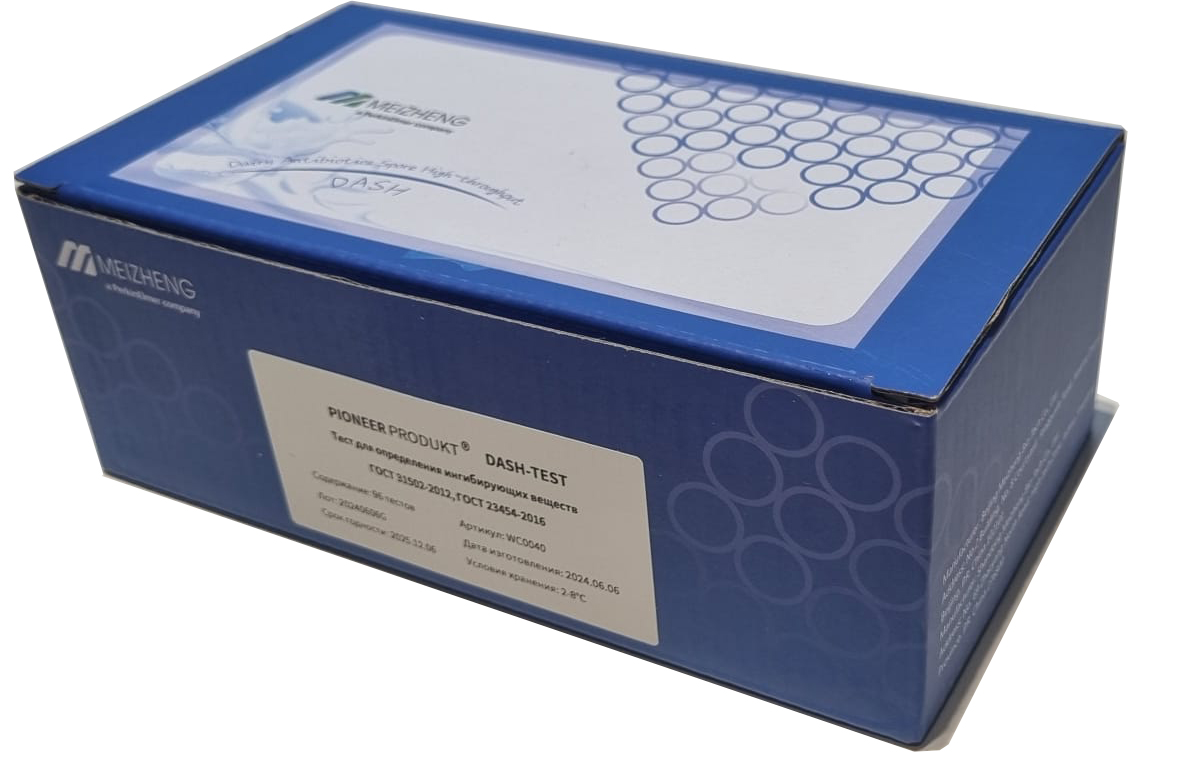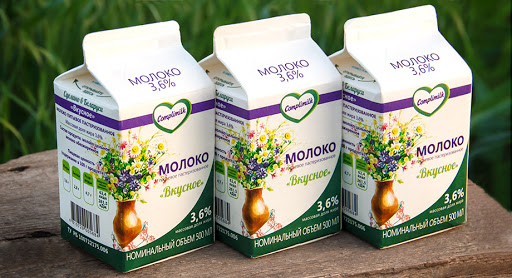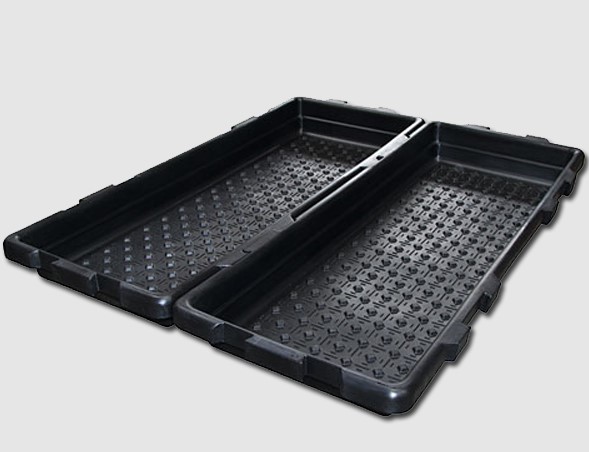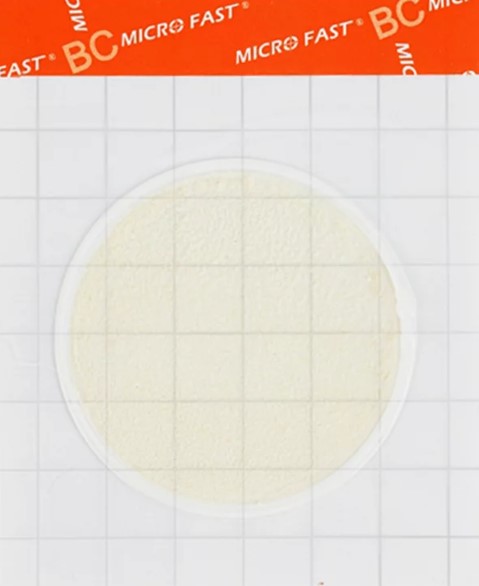Business reported difficulties with the transit of medicines through Belarus
Russian pharmaceutical manufacturers have encountered difficulties with the transportation of medicines and raw materials for their production through the territory of Belarus. Vedomosti writes about this with reference to a letter from the Association of Russian Pharmaceutical Manufacturers (ARPM) to the senator and member of the commission on labor, social policy and HEALTH of the parliamentary assembly of the union of Belarus and RUSSIA Vladimir Krugloy. The senator confirmed receipt of the document to the newspaper.
According to ARFP DIRECTOR General Viktor Dmitriev, both Russian and foreign members of the association, importing pharmaceutical products from Europe, have reported problems with transit. He did not name them.
In total, ARPM includes 20 companies, including R-Pharm, Petrovax, ASTRAZENECA, Stada, Sanofi, Novartis. Representatives of two of them confirmed to Vedomosti, on condition of anonymity, the existence of difficulties with the transportation of drugs through Belarus. Representatives of two more - Sanofi and AstraZeneca - denied the problem.
See also Putin announced the acceleration of the unification processes of Russia and Belarus 00:55
As follows from the ARFP letter, difficulties with the transit of medicines from the EU through Belarus arose after the September changes in the resolution of the Council of Ministers of the Republic No. 247 - the document introduces a ban on the movement of trucks and tractors registered in the EU across the country. According to the new amendments, from September 20, medicines and raw materials transported through the territory of Belarus must be included in the state register of medicines (medical products) of the republic or the Unified Register of Registered Medicines of the EAEU.
At the same time, as the ARPM points out, not all Russian drugs are included in the Belarusian registry, and the Eurasian one is in the process of being filled and contains a small number of registered drugs.
Nikolai Bespalov, a representative of RNC Pharma, told Vedomosti that due to innovations, it is likely that a number of medicinal products will simply “suspend”. According to him, in order to transfer pharmaceutical products from a European truck to a new truck, it is necessary to divide the cargo into two parts: drugs registered under the national procedure or the EAEU procedure. Delivery of medicines to Russia now requires twice as many vehicles as were used before September, he notes.
Read on RBC Pro Eight simple techniques to neutralize toxic people Three months left: countrieswhere the admission of documents to universities will open soon How to instill in a child a love for sports and how this will help him in lifeWhat medicines for covid were purchased in Russia for ₽500 billion. Infographics Society
After the imposition of sanctions against Russia, some foreign pharmaceutical companies partially ceased their activities in the country. Thus, investments were suspended by German Bayer, American Pfizer and MSD and Swiss Novartis. American Eli Lilly decided to suspend the supply of non-essential drugs to the country.
The Russian Ministry of Health has repeatedly assured that there is no shortage of medicines in Russia, and foreign products are being successfully replaced by Russian analogues. At the same time, earlier in November, the HEAD of the Ministry of Health, Mikhail Murashko, admitted that there were delays in the supply of foreign medicines to Russia. “For foreign products, sometimes logistics chains give delays, but today we don’t see any failures or big threats,” the minister pointed out.
According to the Ministry of Education and Science, at the beginning of August, the share of foreign drug manufacturers in the Russian market in monetary terms was 55% with a total market volume of 2.3 trillion rubles, in quantitative terms - 33% of 6.5 billion packages.
The agency proposed a concept according to which Russia can achieve drug sovereignty (assumes that 85% of drugs produced in the country will be in packages) by 2030. It also follows from the concept that active pharmaceutical substances produced in the country are used in only 20% of domestic drugs. The plans are to bring this indicator to 75%, for which it is planned to spend 200 billion rubles.



























































